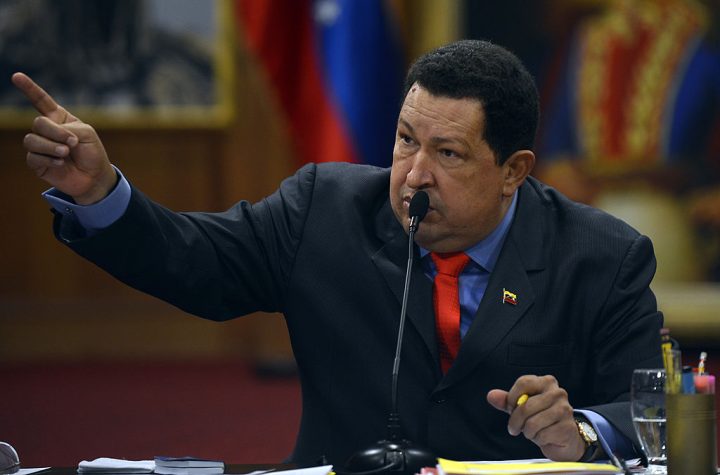It’s 25 years this week since Hugo Chávez – an inspiration for leftwingers like Ken Livingstone and Jeremy Corbyn – was elected president of Venezuela. Chávez may not be the person primarily responsible for his country’s descent into dictatorship, anarchy and humanitarian disaster (that would be his hand-picked successor, Nicolás Maduro) but the foundation was laid by his unrestrained populism.
Already a subscriber? Log in
Subscribe for just $2 a week
Try a month of The Spectator Australia absolutely free and without commitment. Not only that but – if you choose to continue – you’ll pay just $2 a week for your first year.
- Unlimited access to spectator.com.au and app
- The weekly edition on the Spectator Australia app
- Spectator podcasts and newsletters
- Full access to spectator.co.uk
Or




















Comments
Don't miss out
Join the conversation with other Spectator Australia readers. Subscribe to leave a comment.
SUBSCRIBEAlready a subscriber? Log in